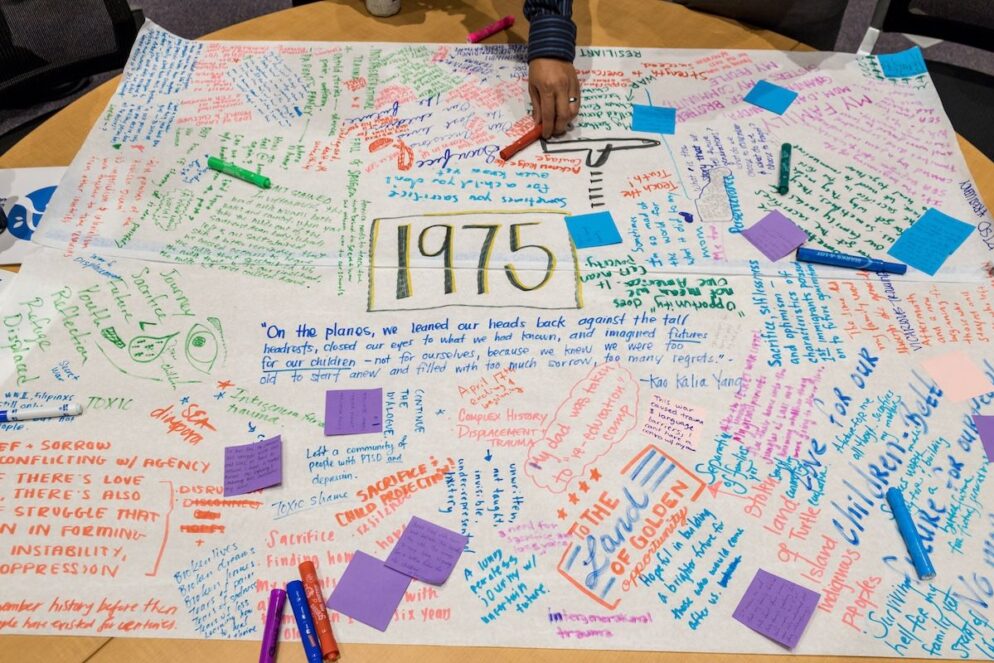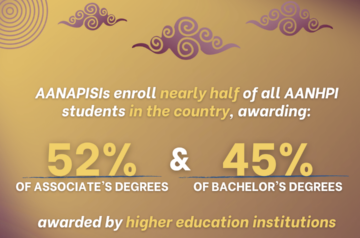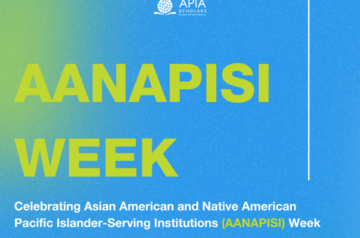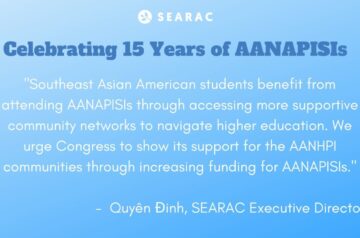These colleges and universities are essential for increasing higher education access and success to low-income, first-generation Asian American, Native Hawaiian, and Pacific Islander students, including SEAAs.
Key resources:
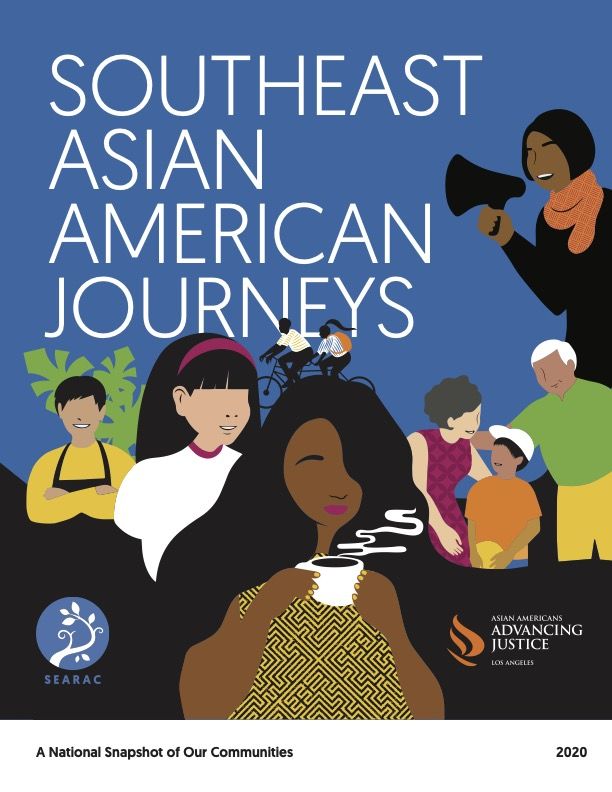


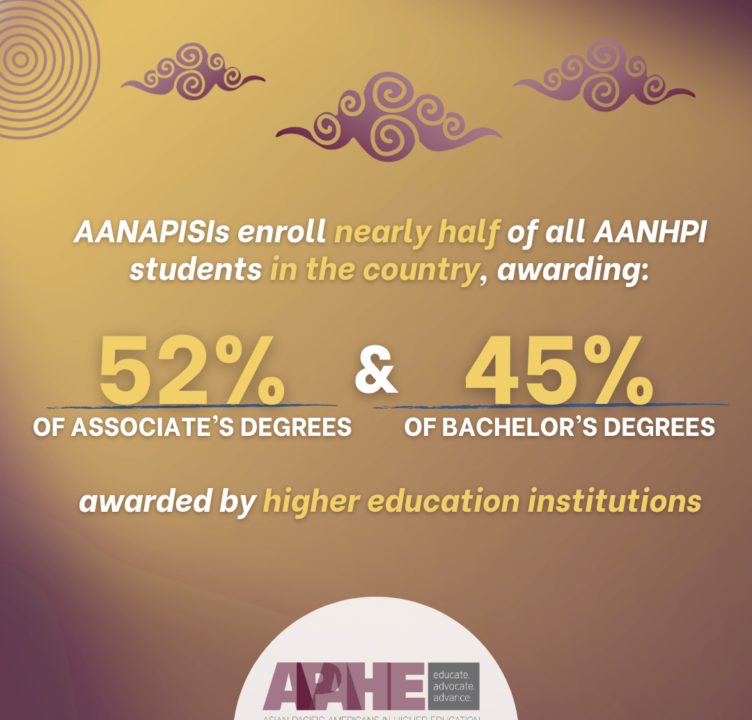
Featured story
SEARAC Commemorates the 17th Anniversary of AANAPISIs
Since its founding, AANAPISIs have served thousands of first-generation and low-income students, including Southeast Asian Americans (SEAAs).
Learn more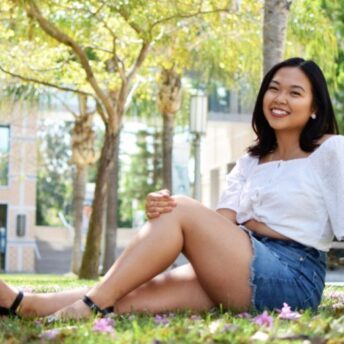
“I think that AANAPISIs are important because it allows for Asian American students, like myself, to come together and feel a sense of belonging. This space has allowed me to build relationships I know will last a lifetime. ANNAPISIs allow for there to be a community-based foundation for Asian American students who need that.”
alumnus of Irvine Valley College, an AANAPISI located in CA
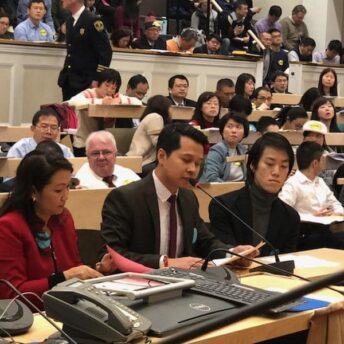
“We need to be actively thinking about creative spaces and after-school programs that encourage participation from refugee parents in preparing their children for college. More importantly, we need to address language access. Without the ability to read documents or understand robocalls, parents are further barred from being informed on their child’s educational attainment and success.”
Cambodian Mutual Assistance Association of Greater Lowell
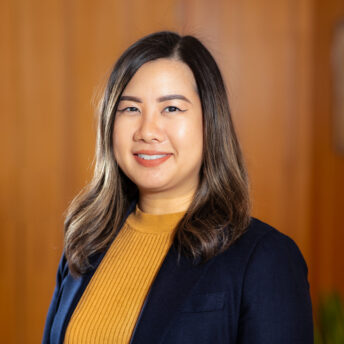
“We need to invest far more in our school systems so that Southeast Asian American students, and all students of color, have a high quality education – at every level and no matter what path they choose to take.”
SEARAC board member
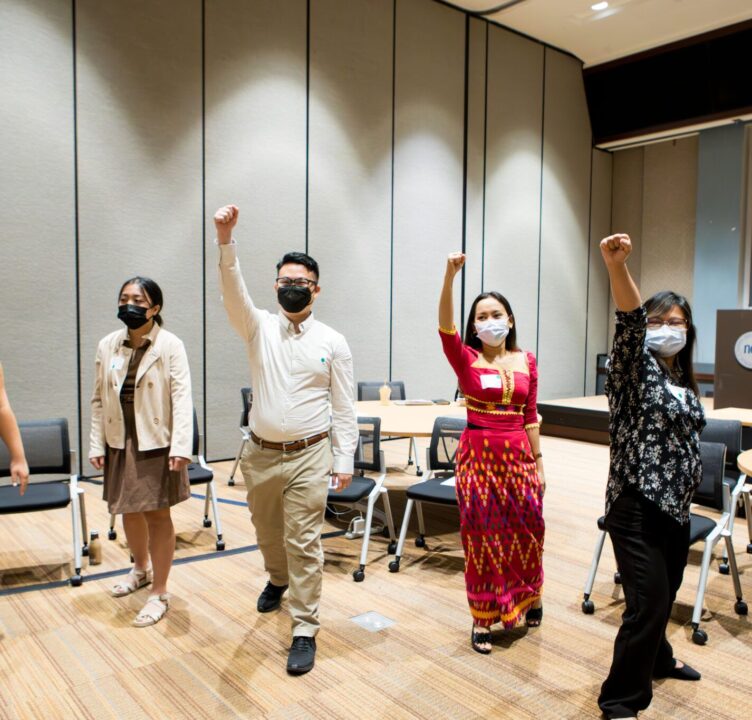
Subscribe to our newsletter for the latest updates on the SEARAC community, and to learn more about how you can get involved.
Earlier this month, rising leaders from across the country joined SEARAC for our 2025 Leadership and Advocacy Training program and made their mark on Capitol Hill. Over three days, our participants came together to build community, strengthen their advocacy skills, and celebrate the Southeast Asian American legacy.
SEARAC is deeply grateful to our lead funder, @statefarm, whose generous support has made LAT possible for more than two decades. We also thank our additional sponsors for investing in our rising leaders and honoring the 50th commemoration of Southeast Asian refugee resettlement in the United States. Your support uplifts a legacy of resilience, advocacy, and community power: @taaforg, @apaics_org, @gatesfoundation, @napawf, @neatoday, @thekresgefoundation, @weingartfoundation, @kelloggfoundation, District Capital Management, and Wallace H. Coulter Foundation.
There is still time for your organization to sponsor SEARAC`s 50th anniversary commemorations this year and beyond! With your sponsorship dollars, Southeast Asian Americans nationwide will not just survive, but thrive, over the next 50 years. Click the link in our bio to learn more and pledge your support for our communities.
Jul 15

Last week, SEARAC’s Leadership & Advocacy Training 2025 came to a powerful close as a new generation of Southeast Asian American leaders took to Capitol Hill to advocate for their communities. In this year`s 50th commemoration of Southeast Asian refugee resettlement to the United States, our #LAT2025 participants embodied Southeast Asian American joy, resilience, and love.
Our participants made their mark on Capitol Hill and met with congressional offices to uplift key issues like data disaggregation in education, access to quality healthcare, and the protection of family immigration—and called on lawmakers to oppose the harmful budget reconciliation bill.
We’re deeply grateful to our partners, sponsors, and the congressional offices who welcomed our participants. And to our inspiring cohort: thank you for carrying forward the legacy of SEAA advocacy for the next 50 years and beyond.
✨ Read our highlights at the link in bio.
#SEAA #Advocacy #SEARAC #Leadership #CommunityPower
Jul 9

Last week, SEARAC and our partners at @asianhealthservices celebrated AB 1242 (Nguyen), passing out of the Senate Health Committee and now moving to the Senate Governmental Organization Committee. AB 1242 creates a Language Access Director in the CA Health & Human Services Agency and reforms the Dymally Alatorre Bilingual Services Act.
Jul 8

Today, the House passed the budget reconciliation bill by a 218-214 vote, with two Republicans joining Democrats to vote against its passage. The bill drastically increases funding for deportations while slashing funding for Medicaid, SNAP, and other critical programs that provide for peoples’ basic needs.
Quyen Dinh, SEARAC Executive Director, shared, “Despite this outcome, we stand proud of the Southeast Asian American leaders who joined us in-person during SEARAC’s Leadership and Advocacy Training to meet with congressional offices as well as those who took action by sending hundreds of emails to their elected officials urging them to vote no on this dehumanizing bill. We know that while we may have lost today, we will remember the results of these votes as we mobilize ourselves to defend the progress our communities have made over the last 50 years."
Jul 3

Nearly 1 in 5 Southeast Asian Americans live at or near poverty—and for many, federally funded education programs are the difference between falling behind or moving forward.
Many SEAA students rely on school support systems built for low-income families.
Cutting these funds means SEAA students will lose the resources they need to thrive.Our children deserve equal chances—not underresourced classrooms. Tell your Representative to vote NO at bit.ly/seaatakeaction and/or call (202) 224-3121 #OurRootsOurPower
Jul 3


